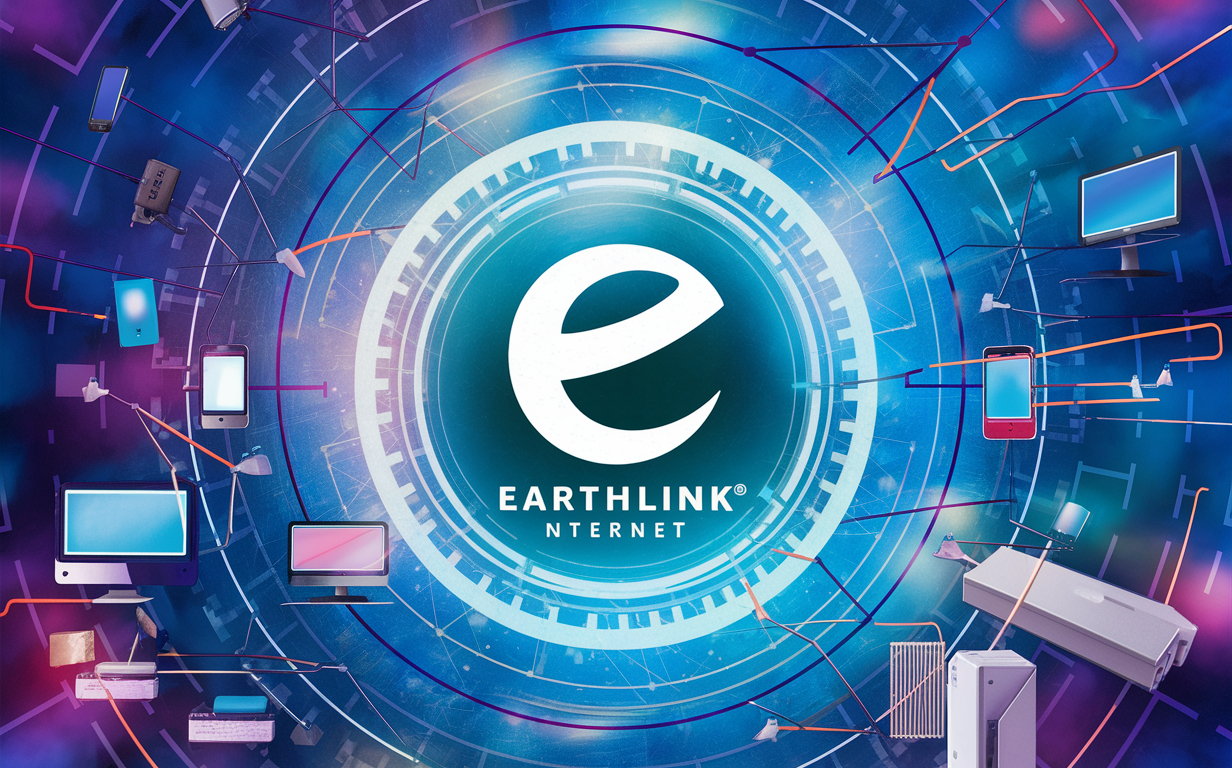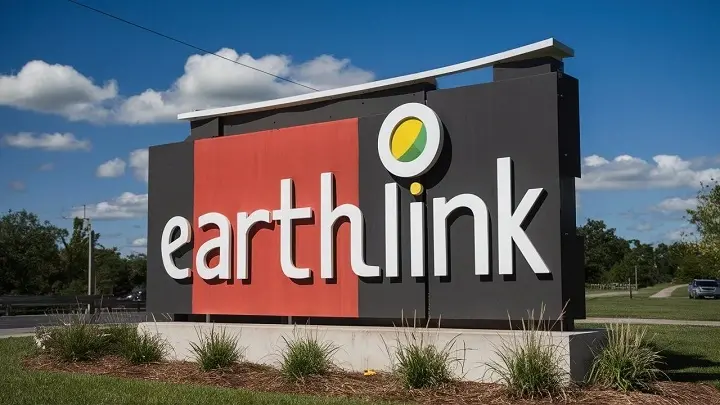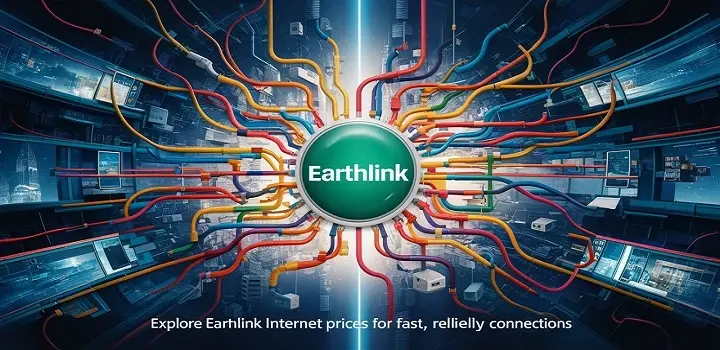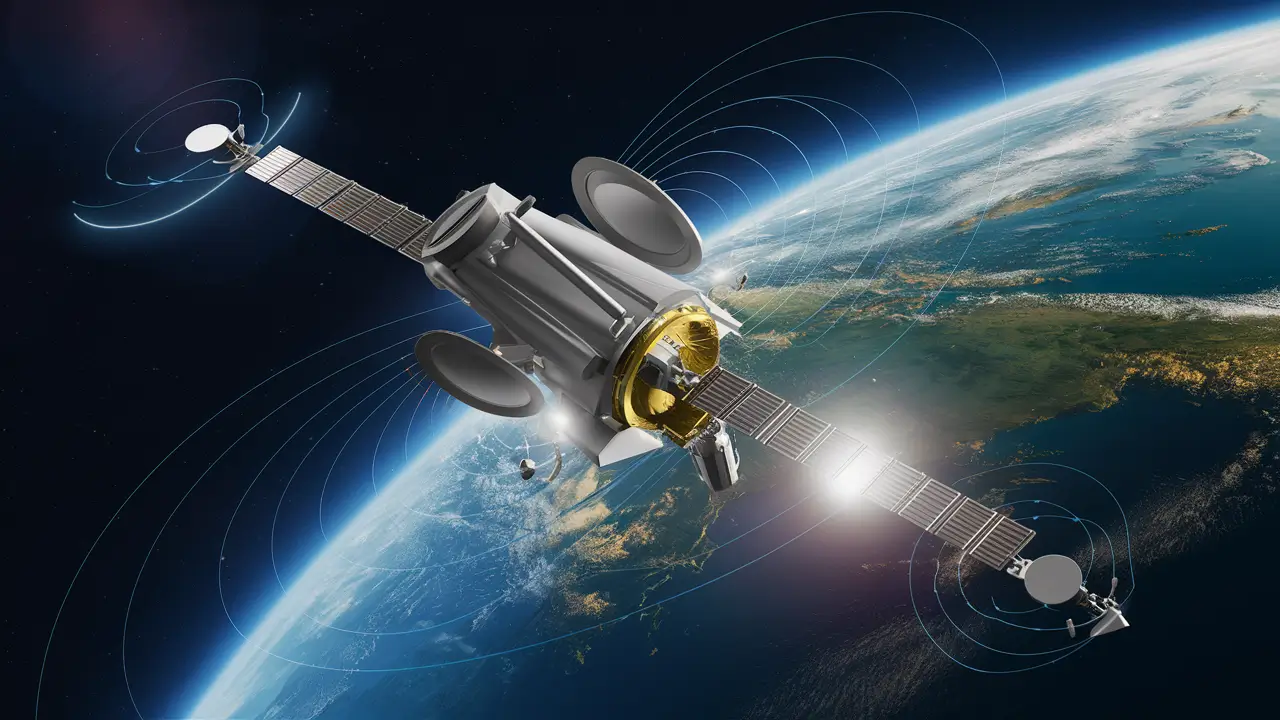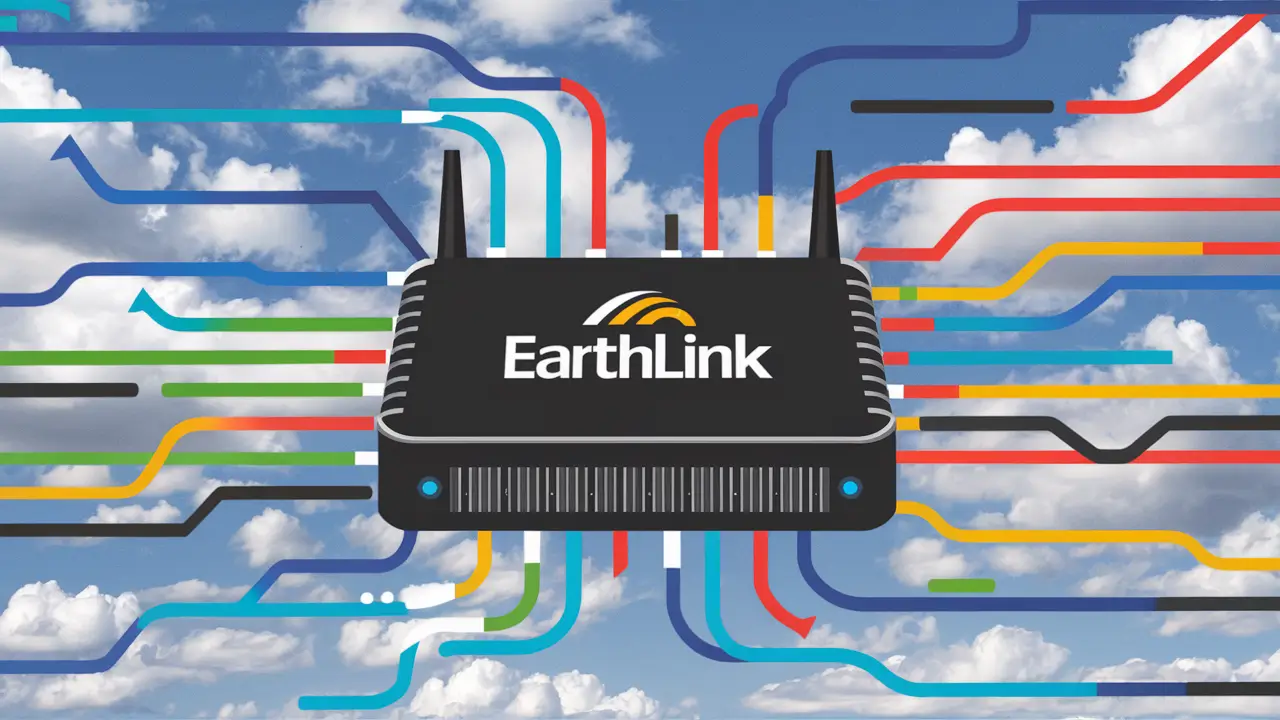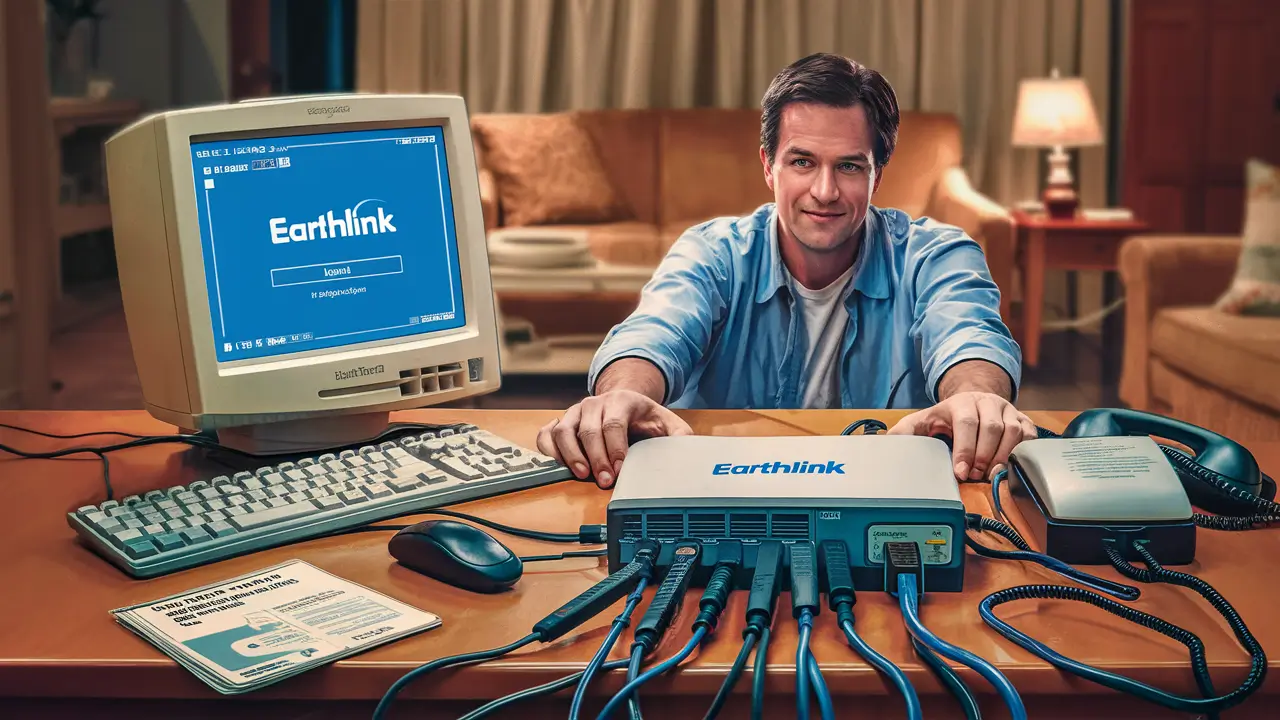Is Earthlink Wireless Home Internet Good?
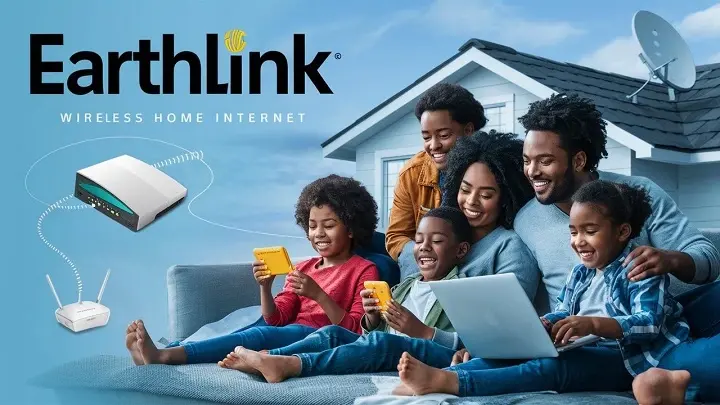
Is EarthLink Wireless Home Internet a Good Option for You?
EarthLink is an internet service provider (ISP) that was founded in 1994. EarthLink does provide home wireless internet service albeit in parts of the United States and it may be a good option if the service is available in your residential area but it is not as big as Comcast, Spectrum, or Verizon Fios. Here is a brief look at the services offered by EarthLink.
EarthLink Wireless Home Internet service is a broadband internet service provider that offers high-speed internet connection to customers. DSL and Fixed Wireless Internet Services are offered by EarthLink as its products. This DSL service offers access speeds up to 15 Mbps in some locations. The company’s fixed wireless internet offers download speeds between 7-25 Mbps and upload speeds of 1-3 Mbps. This kind of wireless internet uses signals to send information from one antenna located at a tower to your home without the use of cables or phone lines.
There are more than a dozen states served by EarthLink services. However, the availability can be constrained even within those states. What you need to know is whether EarthLink can offer service to that particular address before you subscribe to it.
Some key things to know about EarthLink wireless home internet.
- Download speeds: The fastest wireless package that EarthLink offers is 25 Mbps. Despite that, other big ISPs now offer 50 to 100+ Mbps internet fairly frequently in many locations. It is not ideal for families with many interconnected gadgets or those who watch 4K videos as EarthLink’s speeds may not be enough.
- Reliability – Since any wireless internet is more exposed to interferences and disconnections compared to wired internet. Feedback regarding the quality of EarthLink wireless service is rather ambiguous. Some claim very reliable connections. Some users have reported lag, consistent disconnection, and download and streaming speeds below those advertised.
- Data Caps – It is important to note that all wireless plans offered by EarthLink are metered. These restrict the amount of data you can download or upload in a given month and attract overage charges. Limits vary between 40 GB per month for the smallest package up to 150 GB per month for the largest 25 Mbps package. These caps make EarthLink undesirable if you frequently go online each month.
- Customer satisfaction index – On matters of service delivery, technical support, and reliability, EarthLink has been receiving low ratings in the last couple of years. Some of the present customers have complained that it is very challenging to seek help from EarthLink customer service and get their problems solved promptly.
Is EarthLink’s Wireless Internet Pricing Structure Achievable?
Nonetheless, comparing its many drawbacks – slower speeds, limited data quotas, and inconsistent performance – how does EarthLink home wireless internet pricing look like?
EarthLink’s basic broadband internet for wireless homes has a download speed of 6 Mbps and only 40GB of data for $49. 95 per month. More reasonably, the 15 Mbps plan which comes with 75GB data usage for a month, will cost $59. 95. First-tier 25 Mbps plans, which are tier one, go for $69. 95 per month and comes with a 150GB data allowance.
Such pricing could have been deemed rational a decade ago. But today, major home internet providers frequently offer better speeds and features at the same or lower monthly costs.
- Cable Providers like Xfinity, Charter Spectrum, Verizon Fios – Most of the plans below $50/month offer internet speeds of 100 to 200 Mbps with no data limit. Some providers now offer free subscriptions to streaming services or more elaborate WiFi networks to consumers without requiring additional fees.
- Starry Internet – This fast-growing wireless ISP provides packages ranging between 30 to 200 Mbps at $30 per month without additional charges. No data caps.
- Fixed Wireless Providers – Other regional wireless ISPs can offer 25 to 50+ Mbps plans for around $40 to $60 per month, sometimes with no data caps.
Sometimes, EarthLink offers certain limited offers where they slash $5 to $15 off the regular monthly fee for the initial 6 or 12 months on condition that you agree to sign longer-term contracts. However, it consistently continues to charge a relatively higher price per speed/feature compared to key rival home internet service providers or other small-scale wireless ISPs.
Pros of Choosing EarthLink If you live in an area with access to their wireless coverage, here are some of the positives EarthLink internet brings.
- EarthLink Wireless Internet can be accessed without any obligation to sign the yearly contracts. You can choose to pay every month if you so wish.
- Easy Installation – Their fixed point-to-point wireless internet only needs an outdoor antenna to be installed. Most of the time, there is no need for a technician to visit the clients.
- Pricing Policy – EarthLink has no hidden charges, and their prices for internet services are easily understood. You won’t find any extra charges or taxes as part of your bill. No annual price increases and promotions expiring without prior notice.
Cons to Consider On the negative side, reasons you may want to consider choosing a different wireless or wired home internet provider would include.
- Slow Maximum Speeds Compared to Competitors – The maximum speed of only 25 Mbps places the company far behind the competition from leading cable/fiber operators.
- Restrictive and Expensive Data Ceiling – As low as 40GB may be very limiting for most households before they incur the next level of charges.
- Availability Limited – Sometimes service might not be available even if is within one of EarthLink's coverage areas.
- Reliability of Wireless Service – Sometimes, the connection is inconsistent making the internet unsuitable for work video calls or streaming.
- Worsening customer service experience – Recent customers often complain of being made to wait for very long hours and rude attendants when seeking redress.
Who is EarthLink Wireless Internet right for?
With all that said, EarthLink fixed wireless can still be a great option for certain households' needs.
- If cable or DSL Internet is not accessible at your address – EarthLink offers a solution. It won’t be as fast as fiber but it will be faster than the outdated slow satellite internet many rural customers have.
- Low requirement and small budget - For single or double users who only require the barest minimum for internet usage which includes browsing, and low-quality video streaming. Just beware of data caps.
- Few customers with few options – Some apartments, such as EarthLink, may offer services that are exclusive to them. They are the only option available if a wired internet connection is limited in the building.
- Those who need a short or temporary Internet connection - Since it does not involve any contract signing, getting and using the EarthLink wireless is perfect for those who are in between homes or those who are selling their homes and need Internet only for a few months.
Is EarthLink Home Wireless Internet Good For You?
With fixed wireless coverage, Light-usage households can have an affordable internet option through EarthLink. However, limited data usage, lower maximum speeds, and deterioration of service quality are the drawbacks some customers can experience.
If wired internet providers such as Xfinity, Spectrum, or Verizon Fios are available at your place with similar pricing per month without data caps, it is still preferable to prefer the EarthLink wireless internet. However, for some temporary living conditions or remote residential addresses that do not have viable alternatives, their wireless internet provides the bare minimum.
It is always advisable to verify what other providers can serve your address other than just assuming that EarthLink is your only option. Making rural internet better entails that other options like Starry or new fixed wireless providers may now be offered in more areas than before with better speeds and services at cheaper rates than before.
